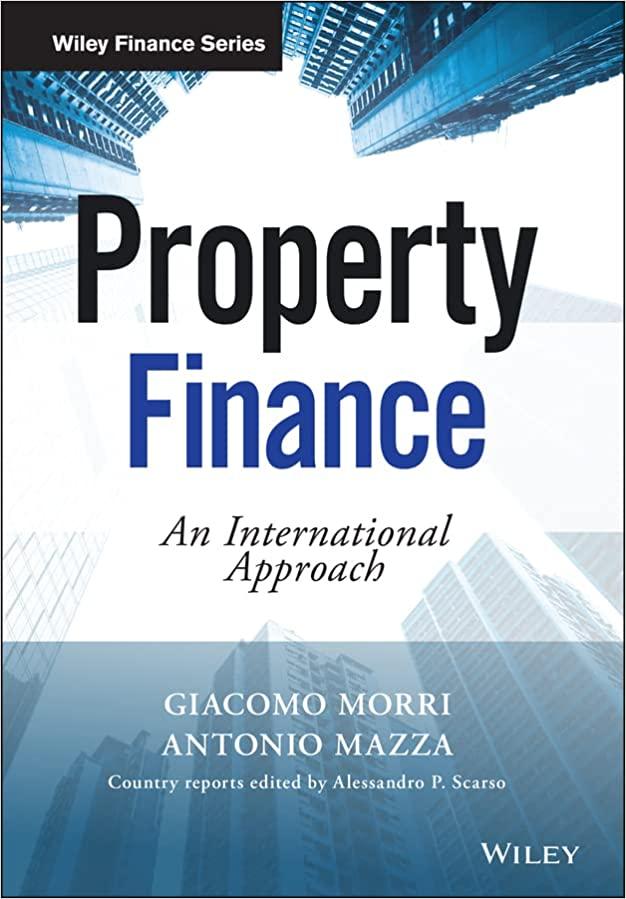Question
Becky's company is considering an investment project. To start, Becky just needs to purchase an equipment priced at $4600. The equipment will follow a straight-line
Becky's company is considering an investment project. To start, Becky just needs to purchase an equipment priced at $4600. The equipment will follow a straight-line depreciation over 7 years. The project will last 5 years. If Becky purchases the equipment for the project, the expected sales and costs are $2800 and $1800 each year. At the end of the year 5, the expected before-tax salvage value of the equipment is $3900. The tax rate is 35%.
Becky can also lease the same equipment for 5 years and the annual leasing cost is $500 paid at the end of each year. The project has the similar risk level as the other operations of the company and the company's WACC is 11%. If Becky decides to lease the equipment, she may have to reduce interest expenses in other operations of the company by an amount equal to 50% of the leasing expense to maintain the current capital structure. The company's cost of debt is 8%.
What is the difference in NPV between leasing and buying the equipment?
Hints
1. You may need the following equations:
FCF=EBIT(1-T)+DP-net CAPX-NWC
Excel function: NPV
After-tax salvage value: MV-(MV-BV)*t
2. Consider the NPV of the project separately for the buying and the leasing scenarios. Since Becky's company has an optimal capital structure, the WACC approach is acceptable. However, leasing is equivalent to borrowing and may force the company to borrow less elsewhere, losing interest shield benefits. So, when calculating the NPV for the leasing scenario, we can treat the leasing cost as interest expense.
Step by Step Solution
There are 3 Steps involved in it
Step: 1

Get Instant Access to Expert-Tailored Solutions
See step-by-step solutions with expert insights and AI powered tools for academic success
Step: 2

Step: 3

Ace Your Homework with AI
Get the answers you need in no time with our AI-driven, step-by-step assistance
Get Started


